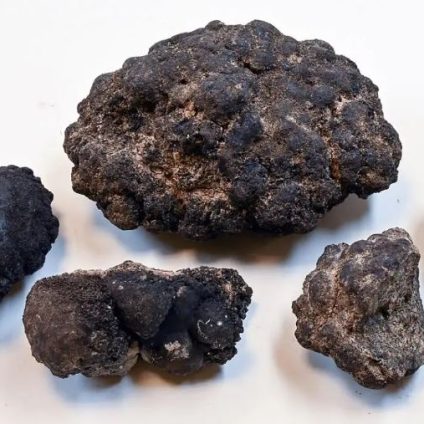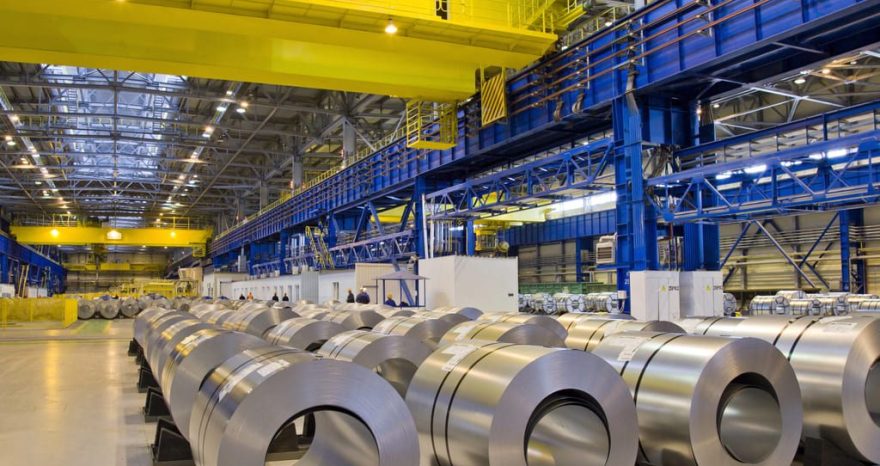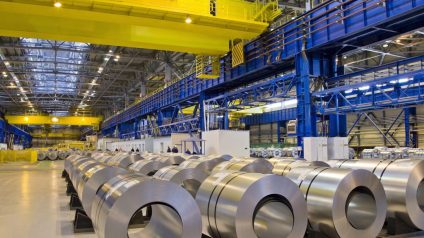The two island states join the IUCN, the largest conservation organization in the world, in calling for more caution over the exploitation of lithium, copper, cobalt and rare earths deposited on the seabed at 3-5000 meters of depth. The effects on biodiversity and on these ecosystems largely still to be studied are still unknown
Call at UN Conference on Oceans in Lisbon
(Sustainabilityenvironment.com) – We need a moratorium on deep sea mining before the mining industry gets too hungry. The handbrake on the development of underwater mines this time is not science but politics. The call to renounce the deposits of lithium, copper and cobalt thousands of meters deep comes from two island states of the Pacific, Palau and Fiji. From the stage of the UN conference on the oceans in Lisbon, they stand against their neighbors Kiribati, Tonga and Nauru, favorable to the exploitation of metals at great depth.
“How can we, with our heads in place, say we’re going to pull out without knowing what the risks are?“, asked rhetorically Lisbon the president of Palau, Surangel Whipps. “We think the risk is not worth it,” he added. “We ask all of you to argue that deep sea mining increases the vulnerability of the seabed and marine life“.
The moratorium argues that it is better to wait to clarify the consequences for marine animals and ecosystems of the ocean depths, before starting the dredging of the precious “potato fields“, the clusters of polymetallic nodules lying on the seabed near some geological fissures and enclosing precious metals such as cobalt, nickel, gold, zinc, lead, copper and rare earth.
Submarine mines, who is pro and who is against
Since the beginning of this year the UN agency that is competent on the exploitation of underwater mines, the Isa (International Seabed Authority), has accelerated the intense activities in order to publish shared rules for the deep sea mining and to give formally beginning to a new era of exploitation of the resources to great depth. The protocol is expected to be ready by 2023 thanks to an accelerated procedure that have triggered the Pacific states most likely to launch into the new business.
Calls to block the process have also multiplied, until the environmental impact is clarified. The IUCN, the largest conservation organization in the world, during its last congress last September called for a moratorium until research can tell us what happens to 3,000, 4,000 or 5,000 meters deep when polymetallic nodules and cobalt crusts are collected. Along with Palau and Fiji, Vanuatu also spoke out against the underwater mines.













